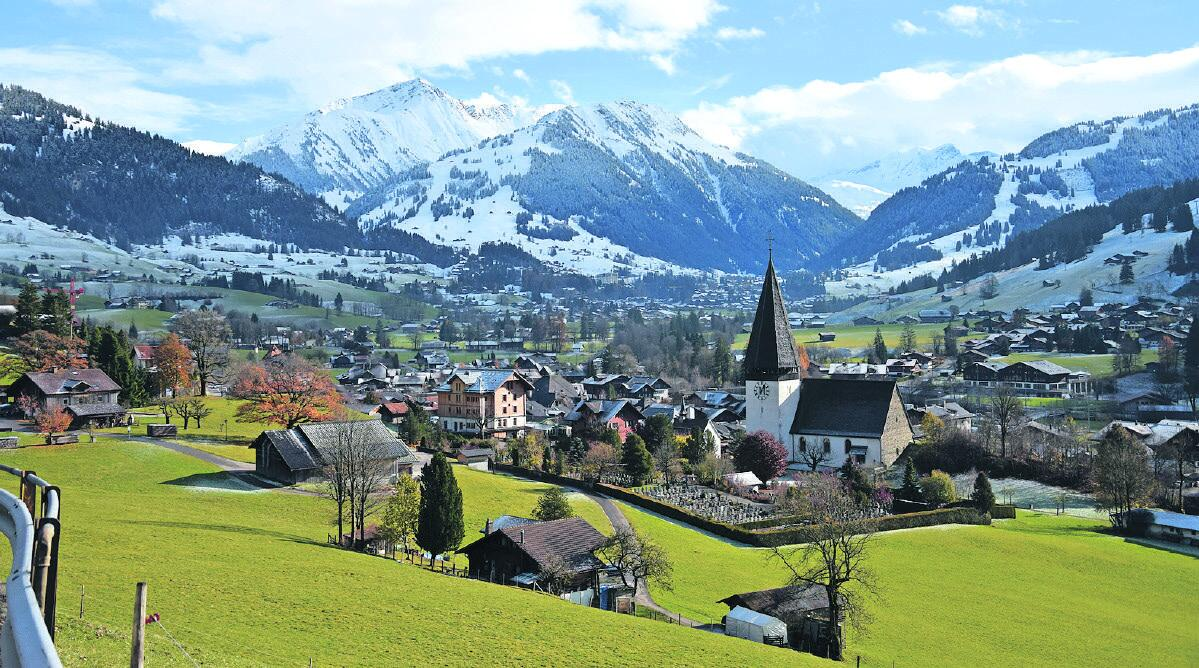Economic damage due to second home initiative
14.01.2021 BusinessIn March 2012, the second home initiative was accepted. A study now suggests that the regulations have mainly been detrimental to mountain communities with a strong focus on tourism. Moreover, the initiative has further increased the unequal distribution of wealth.
On 27 September, the Hunting Act was rejected relatively narrowly, 51.9 percent voted “No”. No sooner had the supporters digested the initial shock than the search for the culprits began. And it did not take long before they were found: The people in the plains and cities were responsible for the defeat. “Solidarity between mountain regions and the plains no longer exists”, said president of the national farmer’s association and national councillor Markus Ritter.
Thomas Egger, also a national councillor and director of the Swiss Working Group for Mountain Regions, felt reminded of another bitter defeat: “It is exactly the same pattern as on 11 March 2012.” At that time, the second home initiative had been accepted by an extremely narrow margin of 50.6 percent. Most supporters lived in western Switzerland, in the central plateau and in the northeast of the country – in the more urbanised parts of Switzerland.
The mountain region, on the other hand, voted almost unanimously against the initiative – apart from a few exceptions. On the one hand, this was a matter of principle. “We want to be able to determine our own future development,” mountain area lobbyist Egger once summed it up. One can also formulate it in a more rustic way: Why should city dwellers, who only know the mountains as a holiday area, be allowed to determine what is possible and what is not? In this context, Egger likes to draw a vivid comparison: How would the people of Zurich feel if they were told that from now on they could only have a maximum of five percent bank employees?
Second homes as a development factor
The second home initiative affected the economic development of the mountain areas. There was no shortage of warning voices before the vote. Second homes and their owners, who are often loyal to their location, are a stabilising factor for tourist resorts, it was said. But it was not just about holiday accommodation. Economists pointed out that in some places the development of a destination depends heavily on second homes. In Switzerland, they argued, hotel renovations or new construction of hotels could often only be achieved financially by selling such properties. If this possibility is severely curtailed, the entire added value of a place diminshes in the end – and the locals in particular suffer from this.
In a study, Swiss economists Christian Hilber and Olivier Schöni now prove that the feared negative effects have actually occurred. On the basis of the evaluated data, the two researchers conclude that the second home initiative has increased unemployment and lowered the price of first homes in the affected areas. Second homes, on the other hand, which have become more scarce, have increased in value, although to different degrees. This development ultimately promotes inequality, they conclude. The owners of second homes, most of whom are already relatively wealthy, have benefited, while the local population has suffered the most.
BASED ON FRUTIGLÄNDER/MARK POLLMEIER




